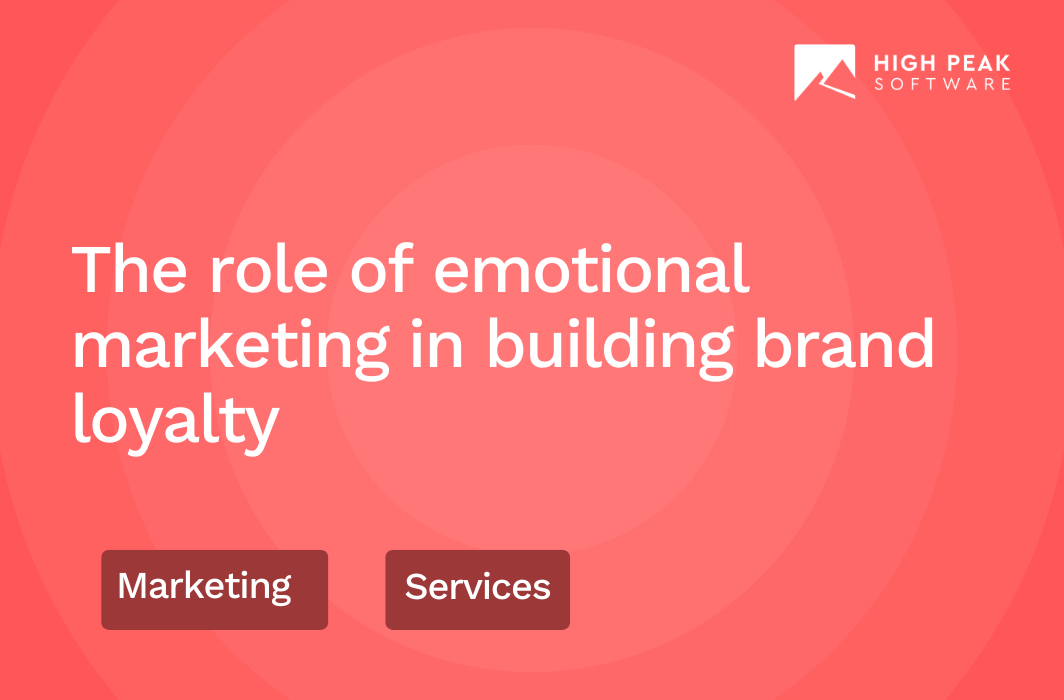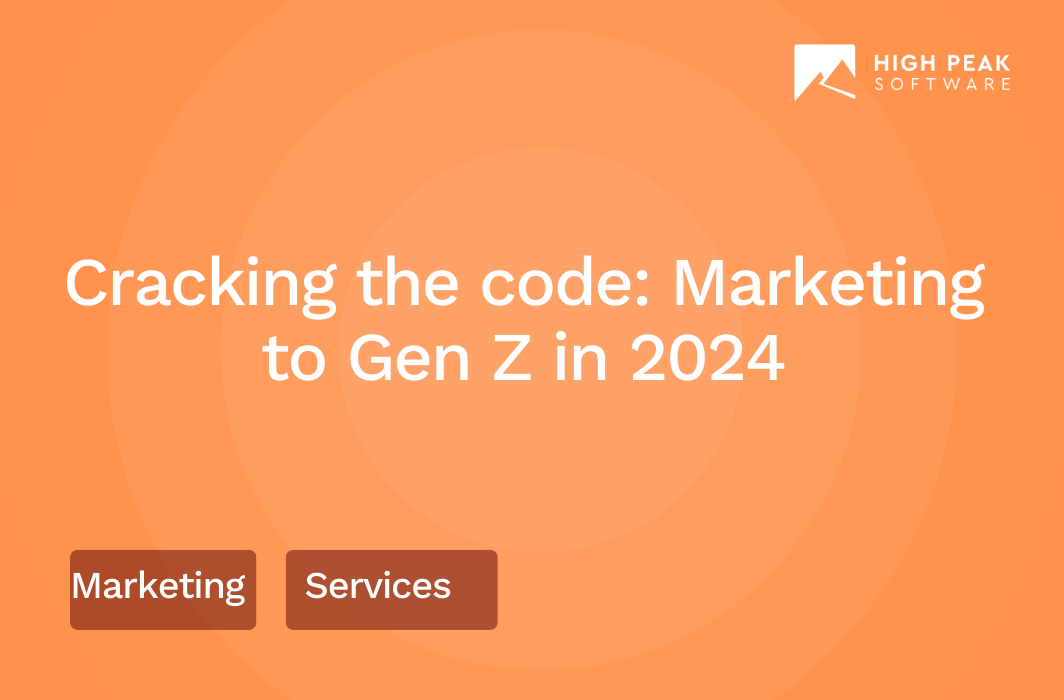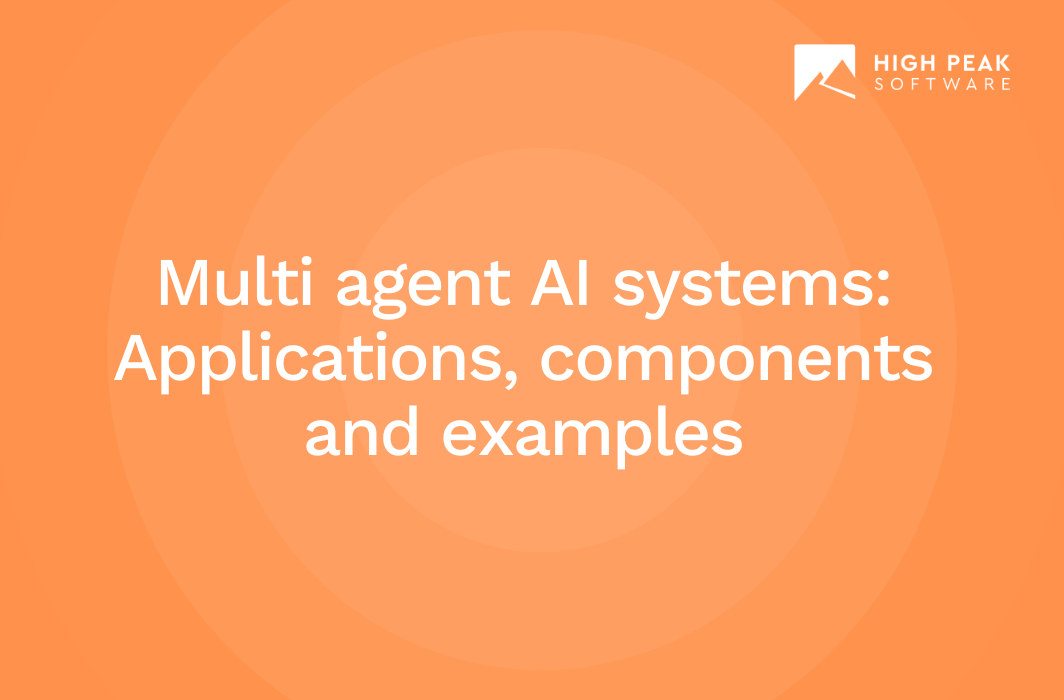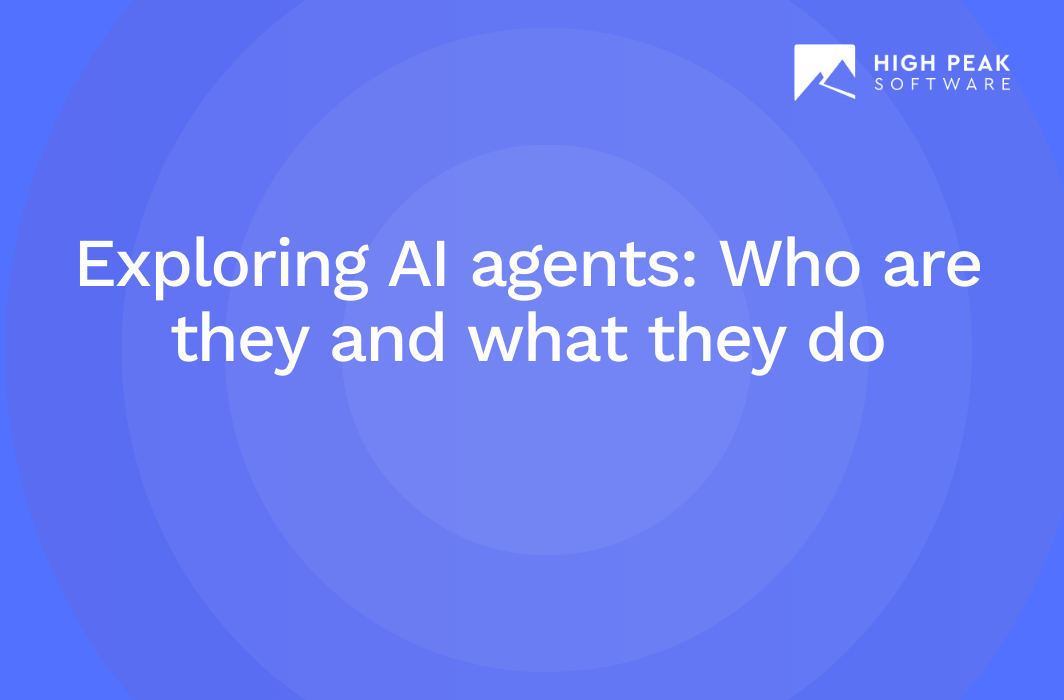The role of emotional marketing in building brand loyalty
Ayaan Bhattacharjee
Content Writer

Table of contents
Marketing is changing. Today, brands are using emotions to connect with customers. This is known as emotional marketing. This blog will look at how emotional marketing helps build customer loyalty. But why focus on loyalty? This is because repeat customers help brands grow.
By creating deep emotional ties with customers, brands encourage them to keep coming back. Did you know that advertisements stirring up emotions can be incredibly persuasive? In fact, 70% of potential buyers reported that they were more likely to purchase a product after being emotionally engaged by an ad. It’s clear, then, that emotional marketing holds an incredible sway in nudging consumers toward making a purchase. We’ll show how emotions can turn ordinary buyers into loyal fans. So, let’s dive in and explore this exciting strategy.
What is the importance of brand loyalty?
Brand loyalty is a valuable concept in marketing where customers continuously prefer and commit to a particular brand amid competitors. It signifies an emotional bond that customers develop with a brand over time based on positive experiences and satisfaction. Now, let’s see the importance of brand loyalty for businesses.
Enhanced customer retention
The crucial role that brand loyalty plays in businesses can’t be overstated. One major benefit is enhanced customer retention. In the cycle of market emotions, loyal customers are those who have navigated the highs and lows with a brand and have chosen to stick around. This kind of loyalty leads to a consistent customer base, acting as a buffer in turbulent times.
Increased profitability
Moreover, brand loyalty is a powerful driver for increased profitability. Loyal customers often engage in repeat purchases and are more likely to try new products under the same brand. Additionally, they act as free promoters, recommending the brand within their social circles and delivering a powerful form of word-of-mouth marketing.
Lowering marketing costs
Lastly, brand loyalty significantly lowers marketing costs. Loyal customers are cheaper to retain than acquiring new ones, as they already have recognized and appreciated the value your brand offers. Hence, nurturing these customer relationships via emotional marketing can yield cost-effective and powerful results, bolstering your brand’s position.
Continuous business growth
Brand loyalty sparks continuous business growth by ensuring stable revenue through repeat purchases. It turns satisfied customers into brand advocates, who then attract new customers. This amplifies a brand’s reach and reputation, paving the way for steady, long-term growth propelled by a loyal customer base.
Also read: Content Marketing Strategies for Product Launches
What role does emotional marketing play in building brand loyalty?
Emotional marketing is a strategy that brands employ to connect with customers on a more personalized, emotional level. It is driven by understanding and empathizing with the market emotional cycle and then reaching consumers through emotional appeal marketing.
How does emotional marketing strengthen brand loyalty?
Utilizing emotional marketing examples, we can see that emotional marketing capitalizes on creating and nurturing a strong emotional bond between a brand and its customers. This bond enhances customer loyalty as customers feel a closer, more personal connection with the brand.
Emotional marketing taps into the market’s emotional cycle. By acknowledging and responding to these cycles, brands can demonstrate their understanding, thereby fostering a sense of loyalty among their customers. This empathetic approach requires a high level of emotional intelligence in marketing.
Sharing brand values
For customers, brand selection often feels like a reflection of their own personal values. That’s where emotional marketing plays a pivotal role. By clearly communicating and sharing brand values, customers feel personally connected and are more likely to stay loyal.
Creating a deep connection with customers
Emotional appeal marketing transcends the barriers of traditional marketing by creating a deep, emotional connection with customers. This emotional bond that consumers form with a brand is strong and tends to last, thus ensuring sustained brand loyalty over time.
Personalized experiences
Emotions play a key role in the decisions we make, including our purchasing decisions. High emotional intelligence in marketing allows brands to tailor personalized experiences for consumers, which resonate more deeply and lead to higher retention and loyalty.
Analysis of successful emotional marketing brands
Several brands have mastered emotional marketing successfully. Coca-Cola’s ‘Share a Coke’ campaign personalized its product, forging deep, emotional connections. Nike promotes self-empowerment, always calling on consumers’ fighting spirit. Apple taps into consumers’ desire for innovation and uniqueness, making them feel a part of an exclusive community. Each of these brands effectively connects on an emotional level, enhancing brand loyalty and enabling them to stand out in a competitive market.
What are the types of emotions used in emotional marketing?
Emotional marketing utilizes a wide range of emotions to establish a connection and create meaningful relationships with consumers. Let’s see each of them:
Happiness: It is one of the most common emotions in marketing. Brands often associate their products with joy or contentment, eliciting positive feelings among their target audience and propelling them towards making a purchase.
Sadness: It can be an effective marketing tool, with strategies aiming at offering solutions to alleviate discomfort, tethering the brand to emotional relief.
Fear: It might sound counterintuitive, but when applied thoughtfully, it motivates consumers to action by stimulating their survival instincts, often used in health and safety campaigns.
Anger: It can trigger a strong response from consumers, particularly when issues of social justice are concerned, which can lead them to align more profoundly with a brand.
Surprise: An intense emotion that often results in the audience remembering the marketing campaign, thereby engraving the brand’s image in their minds.
Examples of successful emotional marketing campaigns
Key examples of happiness can be viewed in Coca-Cola’s ‘Open Happiness’ campaign, bridging joy with its products. MetLife’s ‘I can do this’ advertisement expertly invoked sadness, empathizing with single parents worldwide.
Fear was successfully employed by cybersecurity companies in their campaigns, emphasizing the importance of online safety. Anger was stirred to fuel viral campaigns like Nike’s endorsement of Colin Kaepernick, pushing for social justice. Apple often uses surprise in product launches to build buzz and anticipation.
The effect of different emotions on consumer behavior
Leveraging these emotions influences consumer behavior significantly. Happiness and surprise invoke a positive emotional response, encouraging immediate purchases. In comparison, fear-oriented marketing campaigns increase awareness and drastically change consumer habits.
On the other hand, sadness often elicits sympathy and empathy, making consumers more likely to donate or assist. Anger, being a high-arousal emotion, often motivates consumers towards advocacy, especially when they feel a deep connection to the causative issue.
Also read: How to use AI to improve your B2B content marketing?
How do we implement emotional marketing strategies?
The nucleus of emotional marketing lies in understanding customer’s needs and emotions. Emotion-based marketing requires brands to genuinely comprehend their consumers’ pains, gains, and driving forces. Analyze customer interactions, surveys, feedback, and social media engagement to tap into your customers’ emotional landscape.
Developing a marketing strategy that targets these emotions
Once you understand the emotions that characterize your customers, you can start developing a strategic plan aimed at these emotions. Crafting an emotional marketing strategy involves key elements like storytelling, leveraging visuals, and personalization.
Storytelling
It is a critical aspect of emotional marketing. A well-woven tale can evoke a plethora of emotions, captivate audiences, and compel them to act. Brands should focus on telling stories that resonate with their audience, revolving around solving their pain points and fulfilling their aspirations.
Using visuals
It is an impactful way to target emotions. Visual content is more engaging and easily consumable. Human brains process visuals faster than text, making them more effective in evoking emotions. Therefore, integrating compelling visuals like images, infographics, and videos should be an essential part of your emotional marketing strategy.
Personalization
It is another crucial element. Today’s consumers crave personalized experiences. By personalizing your marketing communication, showing recognition, and providing relevance to each customer it demonstrates that you understand and appreciate your audience. Hence, it builds an emotional connection, leading to boosted customer loyalty and conversion rates.
Measuring the effectiveness of emotional marketing strategies
Implementing emotional marketing is not the final step. Gauging its effectiveness is equally important. Use key performance indicators like engagement rates, conversion rates, customer lifetime value, and customer sentiment analysis to assess the emotional resonance of your marketing campaigns.
Partner with High Peak for game-changing marketing strategies
In conclusion, emotional marketing is a powerful tool for building brand loyalty, tapping into core customer emotions through targeted strategies. From understanding consumer feelings to creating personalized experiences, this approach fosters deep connections, enhancing brand loyalty. As we look ahead, its role is set to grow significantly.
Hence, connect with High Peak and start crafting game-changing marketing strategies that resonate emotionally.




